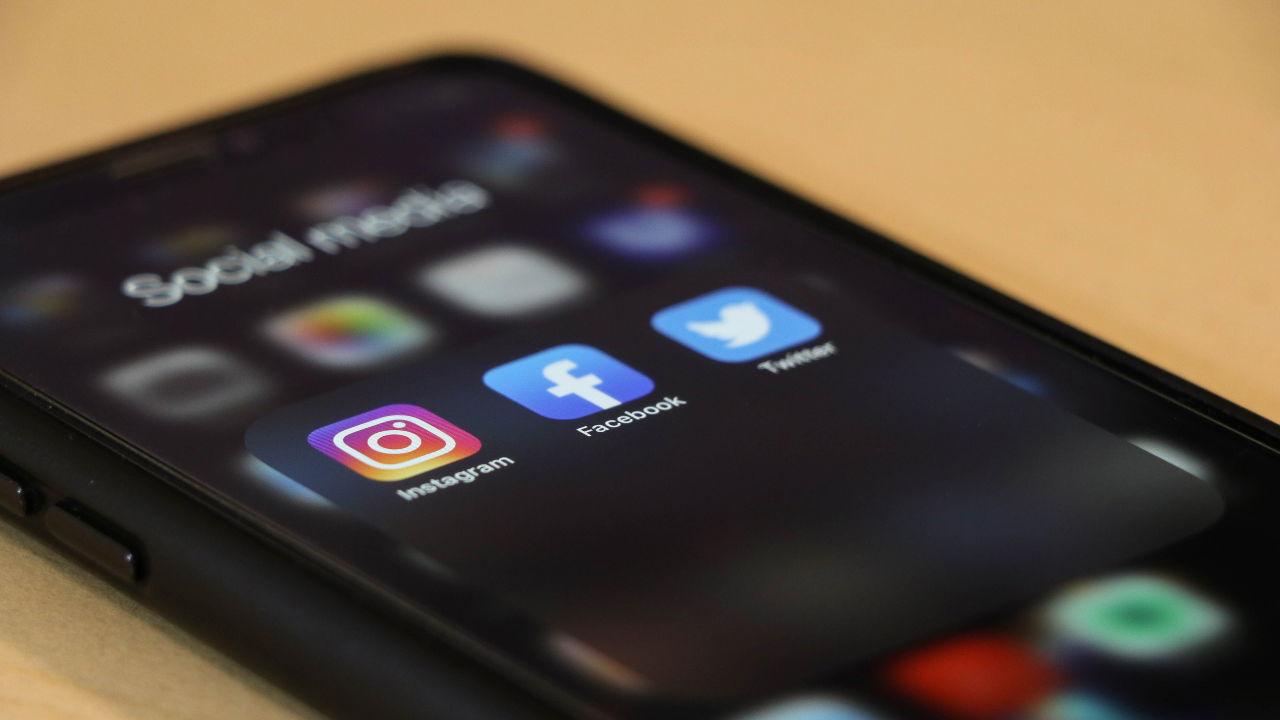
Florida Social Media Ban Critics Argue Law Violates Free Speech
By Movieguide® Contributor
In March, Florida passed a law that banned children under 13 from making accounts on social media platforms.
Now, critics of the bill argue that the ban violates free speech and privacy.
“Major groups like the ACLU have criticized HB3 as ‘blatant government censorship.’ PEN America expressed concerns with CBN News that the age verification requirements are confusing and infringe on all Floridians’ privacy rights,” CBN reported on May 8.
Movieguide® reported March 27:
The law, called “HB 3,” bans children under 13 and requires parental consent for 14 and 15-year-olds who wish to make accounts. It also requires pornography sites to use age verification methods for their users. The law will not go into effect until Jan. 1, 2025.
CBS calls the bill “one of the most restrictive social media laws in the country.”
“A child in their brain development doesn’t have the ability to know that they’re being sucked into these addictive technologies,” said Florida House Speaker Paul Renner.
The ACLU Florida chapter gave no acknowledgment of the positive effects of the bill in its statement against the bill.
The organization said, “The last thing that our state needs is more censorship. It is both unconstitutional and unnecessary. With the rising costs of living in the state, families are facing real hardships. Yet Florida lawmakers continue to fail to address the issues that are impacting the ability to live and thrive in this state. Instead, they have sought to advance government censorship to online platforms.”
However, U.S. Surgeon General Dr. Vivek Murthy and other government officials believe the good effects far outweigh any negative ones.
“Children are exposed to harmful content on social media, ranging from violent and sexual content, to bullying and harassment. And for too many children, social media use is compromising their sleep and valuable in-person time with family and friends,” Murthy said in a statement.
“They will likely sue soon and bring us into federal court, suggesting someone we violated their First Amendment,” said Florida House Speaker Paul Renner. “As a lawyer, I don’t think we touched the First Amendment – on addictive technology. And technology is not protected in the First Amendment.”
When the law goes into effect next year, safeguards will be implemented. Companies that choose not to comply must face a fine of up to $50,000 per incident.
“As January 1st approaches, the state will have to navigate a fine line of keeping young Floridians safe online without government overreach,” CBN said. “A positive result could serve as a blueprint for other states seeking to strike that delicate balance between protecting children and preserving freedom.”
Questions or comments? Please write to us here.


 - Content:
- Content: 

